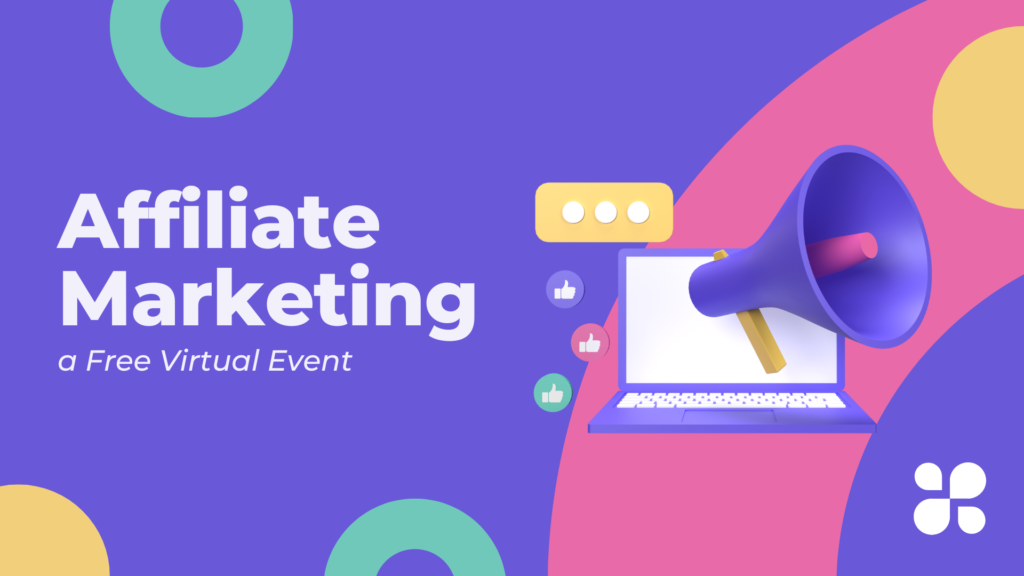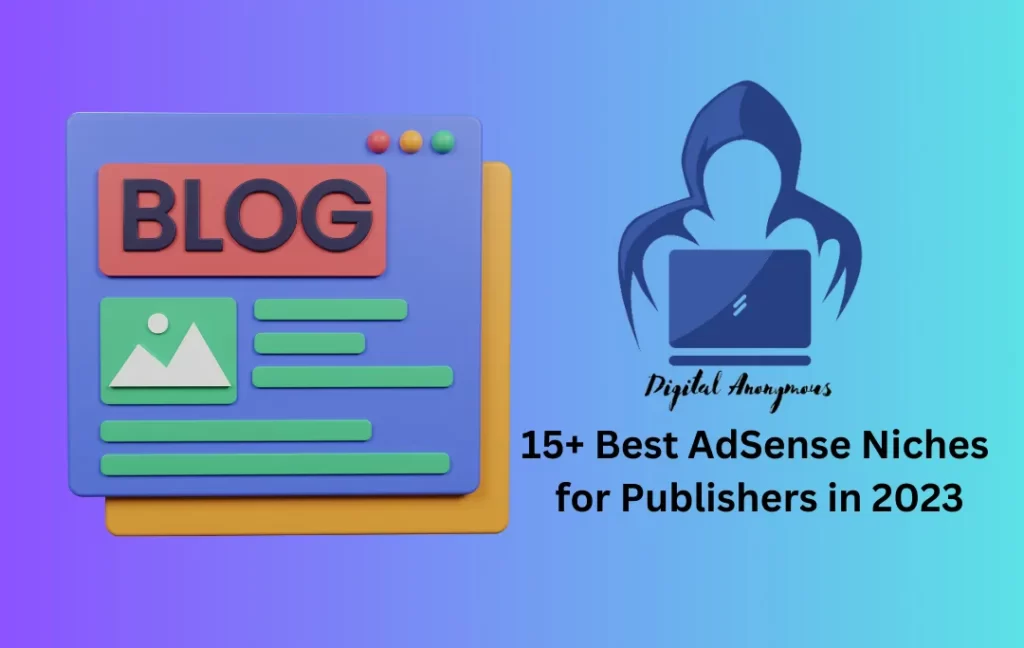The development of artificial intelligence (AI) has spurred conversations and arguments regarding its potential to replace different employment types across sectors in today’s fast-paced digital environment. Marketing is one area that receives a lot of criticism. Many people are unsure if AI will replace conventional marketing positions because of its capacity to analyse enormous volumes of data, automate operations, and produce insights. We will examine the effects of AI on marketing employment in this post and provide insight into this evolving industry’s future.
The Rise of AI in Marketing
AI has become a potent weapon in the marketing industry. Its uses include everything from trend forecasting to ad campaign optimisation to customer behaviour and preference analysis. Because AI algorithms are growing more complex, marketers may use them to acquire insightful information and make informed decisions.
AI’s Impact on Traditional Marketing Roles
Disruption of Routine Tasks
Automating normal and repetitive work is one area where AI has made tremendous progress. These encompass activities including content dissemination, data input, and client segmentation. Marketers may streamline their procedures and save time and money by using AI-powered automation.
Enhanced Data Analysis and Insights

AI’s ability to process and analyze large datasets enables marketers to extract meaningful insights that may have otherwise gone unnoticed. By utilizing AI algorithms, marketers can identify patterns, trends, and customer preferences, enabling them to tailor their marketing strategies accordingly.
Automation of Campaign Management
AI-powered tools can automate campaign management, from creating personalized email campaigns to optimizing advertising budgets. By taking advantage of AI’s capabilities, marketers can ensure more efficient campaign execution and achieve better results.
The Role of Creativity and Human Touch in Marketing
While AI brings undeniable advantages to the marketing landscape, there are aspects where human creativity and intuition still hold tremendous value.
Emotional Connection with Consumers
Building emotional connections with consumers is a crucial aspect of marketing. AI may excel at analyzing data and identifying target audiences, but it often falls short in understanding and replicating human emotions. Establishing genuine connections with customers requires the human touch, empathy, and an understanding of their needs and desires.
Nurturing Brand Identity
Crafting and nurturing a brand’s identity is a delicate task that requires a deep understanding of the brand’s values, voice, and vision. While AI can assist in generating content, it is human marketers who possess the ability to shape and maintain a brand’s identity through creative storytelling and engaging experiences.
Crafting Unique Strategies
Developing innovative marketing strategies that set a brand apart from the competition demands human ingenuity and critical thinking. AI can provide valuable insights and data-driven recommendations, but it is the human marketers who bring fresh ideas, out-of-the-box thinking, and adaptability to the table.
Collaborative AI and Human Marketing Teams

Rather than replacing marketing professionals, AI has the potential to enhance their capabilities and foster collaboration between humans and machines.
Augmenting Human Capabilities
AI can serve as a powerful ally, complementing human skills and augmenting their capabilities. By automating routine tasks, AI frees up time for marketers to focus on strategic thinking, creativity, and relationship-building with customers.
Leveraging AI for Efficiency
AI can analyze vast amounts of data at a speed impossible for humans to achieve. Marketers can leverage AI’s analytical prowess to extract insights and trends from big data, enabling them to make informed decisions and optimize their campaigns for maximum impact.
Evolving Marketing Roles in the AI Era
As AI continues to reshape the marketing landscape, marketing professionals must adapt and embrace new roles and responsibilities.
Shifting Focus to Strategy and Innovation
With AI handling routine tasks and data analysis, marketers can shift their focus to strategic thinking, innovation, and developing comprehensive marketing plans. This evolution allows marketers to add greater value by crafting compelling narratives, identifying emerging trends, and driving impactful campaigns.
Embracing Continuous Learning
The rapid advancements in AI technology necessitate a commitment to lifelong learning for marketers. Staying up-to-date with the latest AI tools, trends, and methodologies will be crucial to harnessing the full potential of AI and staying ahead in the competitive marketing landscape.
Developing New Skill Sets
As AI becomes more integrated into marketing processes, marketers will need to develop new skill sets. These may include understanding AI algorithms, interpreting data insights, and collaborating effectively with AI systems. A hybrid skill set that combines marketing expertise with AI literacy will become increasingly valuable.
The Future of Marketing Jobs
Rather than eliminating marketing jobs, AI is reshaping them and creating new opportunities.
Adaptation and Transformation
As AI automates routine tasks, marketing professionals must adapt and evolve to remain relevant. This involves upskilling in areas where human creativity and critical thinking excel, such as brand strategy, customer experience, and content creation. By embracing AI and leveraging its capabilities, marketers can transform their roles into strategic advisors, brand custodians, and experience architects.
New Opportunities and Specializations

The integration of AI in marketing opens doors to new career paths and specializations. AI specialists, data analysts, and AI strategy consultants are becoming integral members of marketing teams. These roles require a deep understanding of AI technologies, analytics, and consumer behavior. As AI continues to advance, so will the demand for professionals who can navigate and harness its power effectively.
Conclusion
While the rise of AI in marketing raises questions about the future of marketing jobs, it is unlikely that AI will completely replace human marketers. AI’s strengths lie in data analysis, automation, and optimization, while human marketers bring creativity, empathy, and critical thinking to the table. The future of marketing lies in collaborative efforts between humans and AI, where each complements the other’s strengths. By embracing AI and adapting to its presence, marketers can unlock new opportunities, drive innovation, and create impactful marketing campaigns.
You Also read this – What are the 7 C’s of digital marketing?
FAQs
Q: Will AI replace all marketing jobs?
No, AI will not replace all marketing jobs. While it can automate routine tasks and enhance data analysis, human creativity, emotional intelligence, and critical thinking remain invaluable in marketing.
Q: What roles can AI play in marketing?
AI can assist in data analysis, campaign optimization, content generation, and customer segmentation. It can provide valuable insights and recommendations to marketers.
Q: How can marketers collaborate with AI?
Marketers can collaborate with AI by leveraging its capabilities for data analysis, automation, and optimization. This allows marketers to focus on strategic thinking, creativity, and building emotional connections with consumers.
Q: What skills will marketers need in the AI era?
Marketers will need a combination of marketing expertise and AI literacy. Skills such as data interpretation, AI algorithm understanding, and strategic thinking will be valuable.
Q: What are the future career opportunities in marketing with AI?
The integration of AI in marketing opens up opportunities for AI specialists, data analysts, and AI strategy consultants. These roles require a deep understanding of AI technologies, analytics, and consumer behavior.










